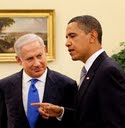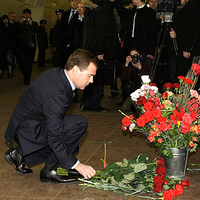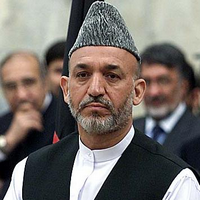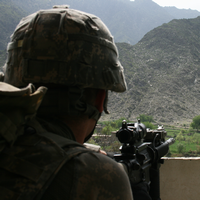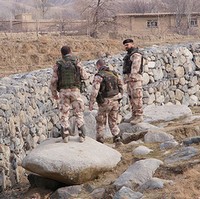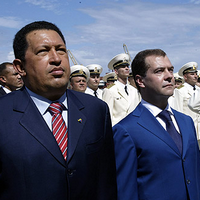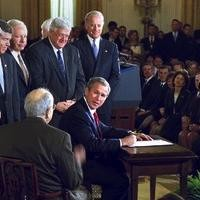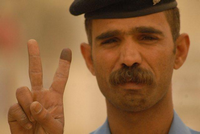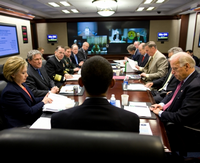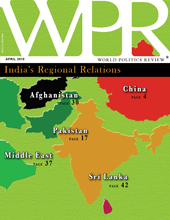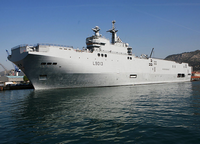
TBILISI, Georgia — Despite disagreeing over whether France should sell four Mistral-classamphibious vessels to Russia, most Western defense analysts seem tobelieve that the deal will not only happen, but is an item of overblownconcern. However, prevailing opinion in Washington and Brussels standsin sharp contrast to Eastern European capitals, where unease over thesale remains strong and is rooted in very different assumptions overMoscow’s intentions. Many in the West simply do not believethe vessels would significantly alter the balance of power in theregion, pointing to the relatively minor combat capability they wouldadd compared to existing capabilities in Russia’s fleet. Proponents andthose indifferent […]

